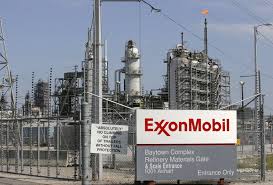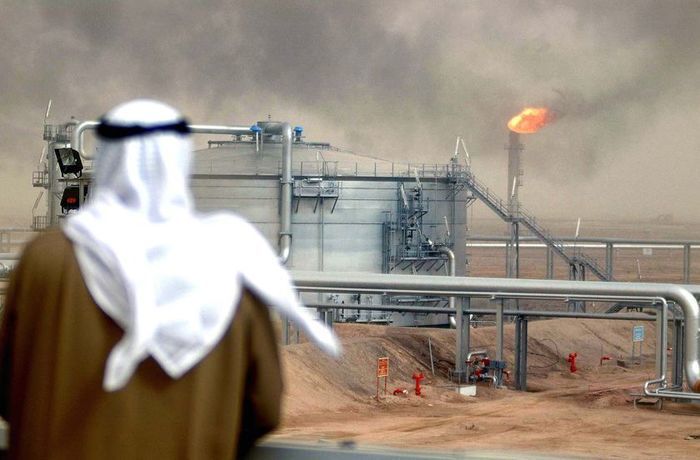
It is commonly accepted that fracking companies don’t make money. Well, some of them do, but some that don’t have seen their share prices explode. Further, the industry overall has made huge improvements since 2014.
The mission of R-Squared is to foster civil, objective discussions on energy and environmental issues.

It is commonly accepted that fracking companies don’t make money. Well, some of them do, but some that don’t have seen their share prices explode. Further, the industry overall has made huge improvements since 2014.
I originally thought Chevron would win the bidding war for Anadarko Petroleum. But the price has gotten too high, so I would argue that it’s time for them to walk away from the deal.

First quarter earnings are rolling in, and the energy sector is broadly exceeding expectations.
Over the past decade, the energy content in U.S. gasoline has steadily declined. Here’s why.
Chevron thought they had a deal to acquire Anadarko, but a new offer from Occidental will likely increase Chevron’s cost.

This year’s gasoline price spike has been steeper than normal. Here are the reasons behind the rise.
Following Chevron’s acquisition of Anadarko Petroleum, which companies might be the next to make a deal?
Here’s why Chevron agreed to acquire Anadarko in a deal valued at $50 billion.

Saudi Arabia has had the world’s top-producing oil field for decades. Recently revealed information indicates that is probably no longer true.
It has been long thought that Saudi Arabia had some of the lowest breakeven costs in the world for oil. A new filing indicates that may not be true.